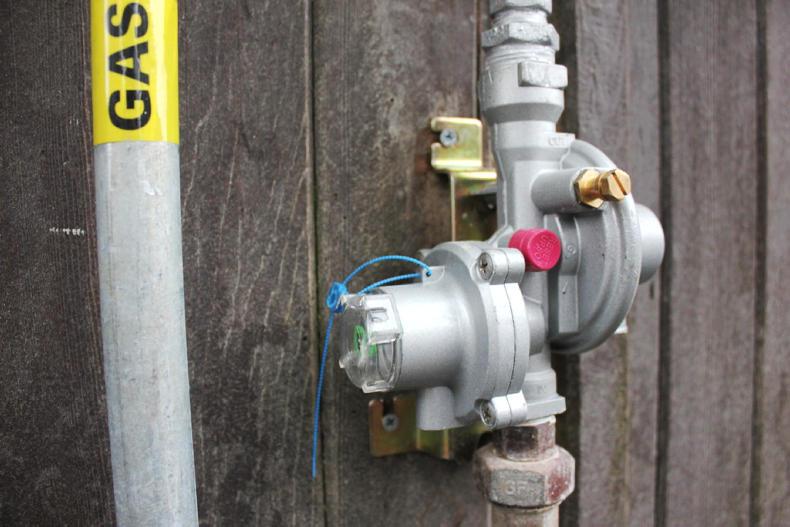When I was growing up, this farm was a diehard do-it-yourself (DIY) zone, with tradesmen only used in dire emergencies, or when some electrical fault couldn’t be found.
Depending on your views, this situation could either be seen as a very economical means of running a business, or some sort of disaster waiting to happen. Probably the truth lies somewhere in the middle, and many farmers of that era were reasonably competent plumbers, sparks, builders and all-round master craftsmen.
However, modern rules and regulations, combined with a lack of time on many farms, has seen a gradual swing towards specialist help being called in to fix, repair and maintain all sorts of problems.
Far from viewing this as an expensive luxury, I think the right tradesman offers real value for money. Many of them seem to come from agricultural backgrounds, and that farming work ethic is never far from the surface. You hear stories of white vans arriving in yards, and the callout fee is more than what was anticipated for the whole job. Then, whatever needs fixed just happens to use up exactly a full day.
But if you are careful about who you choose (pick one that farms part-time) they will go through a staggering amount of work for your money.
For example, when I call out my electrical engineer, I usually try to line up a list of stuff that needs to be checked and repaired. This list is usually completed in about half the time I had anticipated, and the bill is nearly always less than expected.
In addition, it is carried out to the highest standard, especially when compared with some of my efforts (is it just me who joins three-core cable, and can make it look like a plate of spaghetti?). Also, it’s a lot more pleasant to have a bit of a chinwag with these guys about sheep or cattle, compared with trying to talk to some townie that refers to you as “mate”, even though he hardly knows you.
Turnaround
Possibly the biggest turnaround on this farm has been the recent upgrade to the whole gas system for the poultry houses. My father carried out all gas maintenance, and taught me everything he knew. It turns out, however, that many of his techniques and handy tips are now considered dangerous and even foolhardy. I only realised this after a visit from health and safety inspectors. When these two guys arrived, I felt reasonably confident that everything was above board. Then they started asking daft questions, like, “When were the underground pipes last checked?” They did look a bit shocked when I said “1972”, and that started a thorough interrogation.
It seems I had been taking all sorts of risks, and they tried to tell me that my insurance might not cover me in the event of a claim. What was beyond question, however, was that this pair of boys and myself had differing opinions on best practice techniques.
My assertion that any leaking gas was easily detected by a drop in the gauge at the tank (the pipeline to the houses stays under pressure for months when not in use) was rebuked entirely. They said the gauge wasn’t accurate enough.
They asked if I checked for leaks around the brooders using soapy water. I said my father had taught me to wave a lighted match in the suspected area. They nearly keeled over at that revelation, and my follow-up statement that you could smell even the slightest hint of a leak was another source of concern (for them, not me).
Replaced
The hoses supplying gas from the steel pipes to the brooders also came in for criticism. I didn’t know that flexible hoses have to be regularly checked, and replaced every five years. When they asked how long my hoses had been in use, I just said, “A brave wee while.” Sometimes it’s best to be slightly evasive with hard facts.
The upshot of this inspection (about two years ago) is that my gas supply is now right up to present-day requirements, and slightly beyond.
Of course, these things do not happen for free. The two wise men seemed to think very little money would put everything in place, although they were a bit vague about actual amounts.
I can be more accurate about these figures, and in the end I spent £3,000 on what is, essentially, peace of mind. The birds aren’t any warmer, they don’t grow any faster, and I use exactly the same amount of gas as before, but at least I’ve got more of those little pieces of paper that tell me I’m a well-behaved farmer who does exactly as he’s told.






 This is a subscriber-only article
This is a subscriber-only article





SHARING OPTIONS: